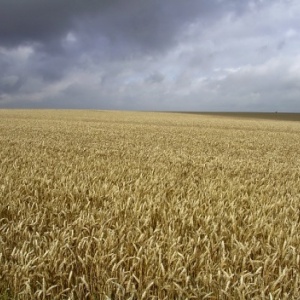
Collaborating with Asda, Sainsbury’s, Nestlé, AB Agri, Yara, BASF, BOCM Pauls, Volac and the NFU and CLA, the University of Cambridge’s Institute for Sustainable Leadership has produced a report entitled The Best Use of UK Agricultural Land which considers how to best manage the 35% difference they projected between the supply and demand of available land.
They carried out a supply-demand analysis showing that there is potential additional demand for up to 7 million hectares of land to meet a growing UK population’s food, space and energy needs while increasing the area needed to protect and enhance the nation’s natural capital. This is more than 35% of the UK’s existing agricultural land. In an attempt to mitigate the consequences of this gap, which is attributed to population growth, and in the absence of a clear Governmental position on agricultural land use, the report proposes that industry take the lead in land use decision making. The guiding vision that “By 2030, UK agricultural land will be optimized to support the multiple needs of a 70 million population and deliver an improved and sustainable natural environment” is said to be possible to implement through objectives encompassed within the framework of ‘sustainable intensification’. This last statement is one example of how the word ‘Sustainable Intensification’ is appropriated by the industry which again relates to the comment on the paper by Fischer et al Putting back meaning into ‘Sustainable Intensification’ on the negative baggage that the word ‘intensification’ carries around. Comments and thoughts are again much appreciated - use the comments box below this story on our website. You will need to be logged in to do so, and if you have forgot your log-in details get in touch and we will sort you out.
Citation
Montague-Fuller, A.‘The Best Use of UK Agricultural Land’ The Cambridge Natural Capital Leaders Platform. Cambridge Institute for Sustainable Leadership: 2014.
Read the full report here.
Browse our website for more on Land-use and ecosystems here.







Post a new comment »